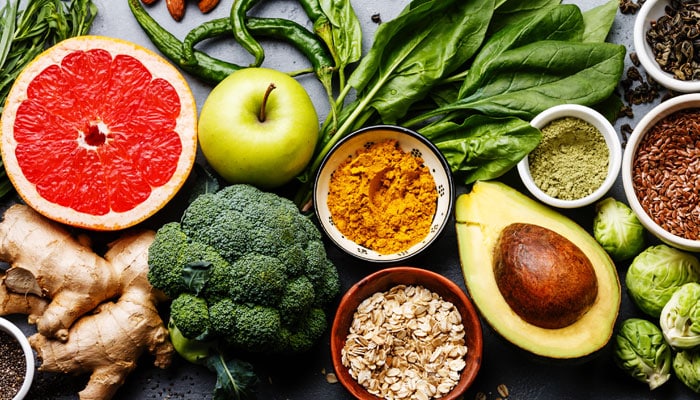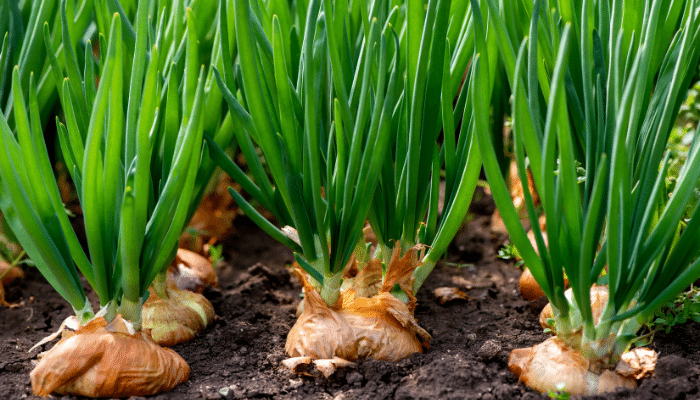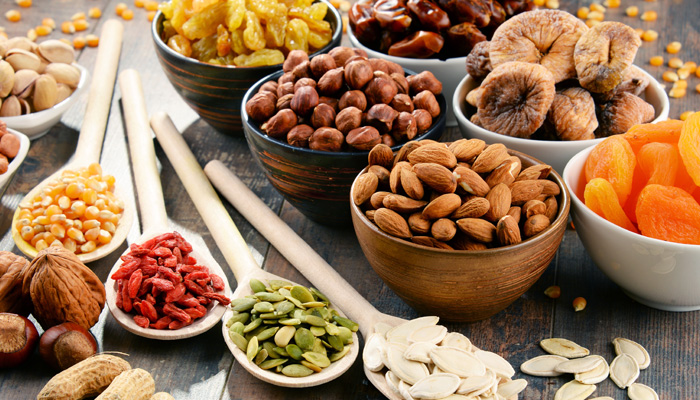
Article réservé aux abonnés


The 2022 annual report of the Alert and Cooperation Network (ACN) has just been published.
In 2022, 4,361 notifications were sent to the Rapid Alert System for Food and Feed (RASFF):
- 1,514 border rejection notifications (35%),
- 1,164 alert notifications (27%),
- 999 notifications for information (23%),
- 667 information for follow-up (15%),
- 17 new notifications (1%).
- 3,904 concerned foodstuffs intended for human consumption, 234 foodstuffs intended for animal consumption and 219 materials in contact with foodstuffs.
The countries that notified the most were Germany (586), the Netherlands (559), Belgium (428) and Poland (320). The most frequently notified third countries were Turkey (557) and India (299).
The most recurrent notifications are:
- Pesticides in fruit and vegetables from Turkey (299),
- Salmonella in poultry and poultry products from Poland (190),
- Food contact materials from China (76),
- Salmonella in nuts, their derivatives and seeds from Nigeria (66),
- Aflatoxins in nuts, their derivatives and seeds originating in the United States (53).
Pesticides are the most frequently reported hazard, with 990 notifications. The most commonly found are chlorpyrifos (251), ethylene oxide and 2-chloroethanol (186) and chlorpyrifos-methyl (142). They are mainly found in fruit and vegetables (of Turkish origin) and in herbs and spices.
Pathogenic micro-organisms are in second place with 857 notifications. The most common were salmonella (603), listeria monocytogenes (132) and Escherichia coli (41). They are mainly found in poultry and poultry-based products, and nuts and nut products.
Mycotoxins were the 3rd most notified hazard in 2022, with 485 notifications. The most frequent detection was aflatoxins in nuts, nut derivatives and seeds from the United States.
Next




